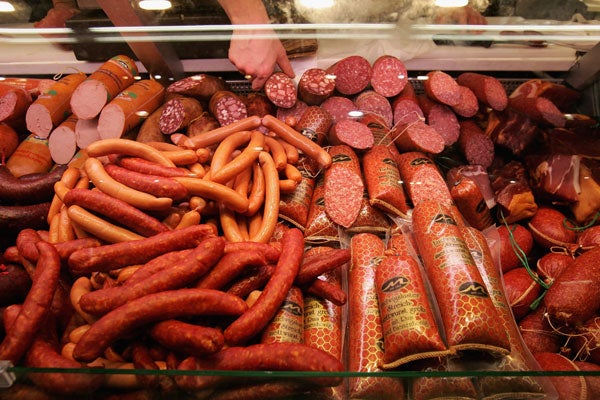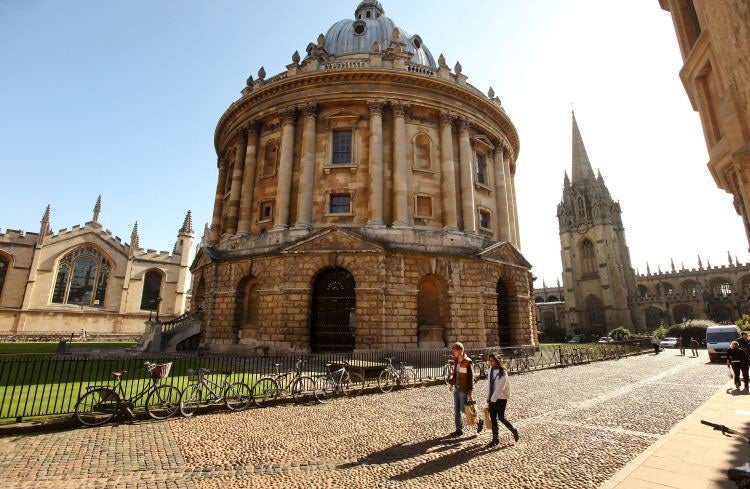OUP authors told not to write about sausages or pigs in children's books to 'avoid offence'
Publisher aims to maximise book sales in Muslim countries by catering to local sensibilities and cultural differences

Authors of UK-published school books have been asked to take other cultures into account when writing in order to allow their texts to be exported to foreign countries.
Suggested guidelines for authors published by Oxford University Press (OUP) include not portraying the consumption of pork or bacon, which is not eaten in the Muslim world.
A spokesperson for Oxford University Press explained that books needed to be applicable to other cultures in order for them to be exported.
“Many of the educational materials we publish in the UK are sold in more than 150 countries, and as such they need to consider a range of cultural differences and sensitivities,” the spokesperson said.

“Our editorial guidelines are intended to help ensure that the resources that we produce can be disseminated to the widest possible audience.”
Muslims are estimated to make up 1.5bn of the world’s 7bn population and the 49 Muslim majority countries tend to have young and growing populations, making them important markets for educational materials.
Conservative MP Philip Davies was angry that others cultures were being taken into account by the publisher, however.
He called for the Government to intervene and ban OUP from asking its authors to cater to Muslim sensibilities.
“The political correctness brigade appear to have taken control of our schools,” Mr Davies told the Daily Mail newspaper.
“The Secretary of State needs to get a grip over this and make sure this ridiculous ban is stopped at once.”
He added that politicians were “falling over each other to say how much they believed in freedom of speech” but that in reality they were to have people told what to say.
In 2013 the Government launched what it called an “ambitious strategy” to expand the UK’s education exports industry, which is worth £17.5bn to the UK economy.

Then Universities and Science Minister David Willetts said at the time that education exports were a UK business success story.
“There are few sectors of the UK economy with the capacity to grow and generate export earnings as impressive as education,” he said.
Mr Willetts, now a Conservative backbencher, however urged Britain’s education exporters to do more to “to seize the opportunities to stay ahead in the global race”.
The Government has a target of doubling British exports to other countries by 2020, which it is on course to miss by a large margin.
The recommendation by the publisher came to light during a discussion on the Today programme on BBC Radio 4 on Tuesday 13 January.
Oxford University Press is the largest university press in the world, publishing around 6,000 new books a year across over 150 countries.
Its commercial activities employ 6,000 people and its profits fund Oxford University to the tune of millions of pounds a year.